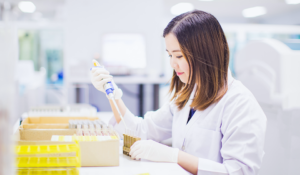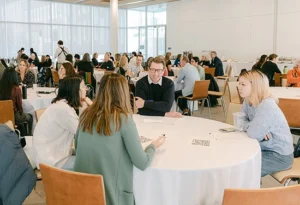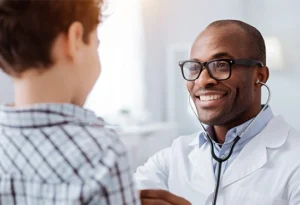November 20, 2020
We invited people affected by type 1 diabetes (T1D) – children, parents and researchers – to share what they wish people knew about what it means to live with this disease. Read on to learn varying perspectives of how T1D affects members of the community every single day, and what they would say to T1D with these Dear Type 1™ letters.
Myrzah, mother of Caleah
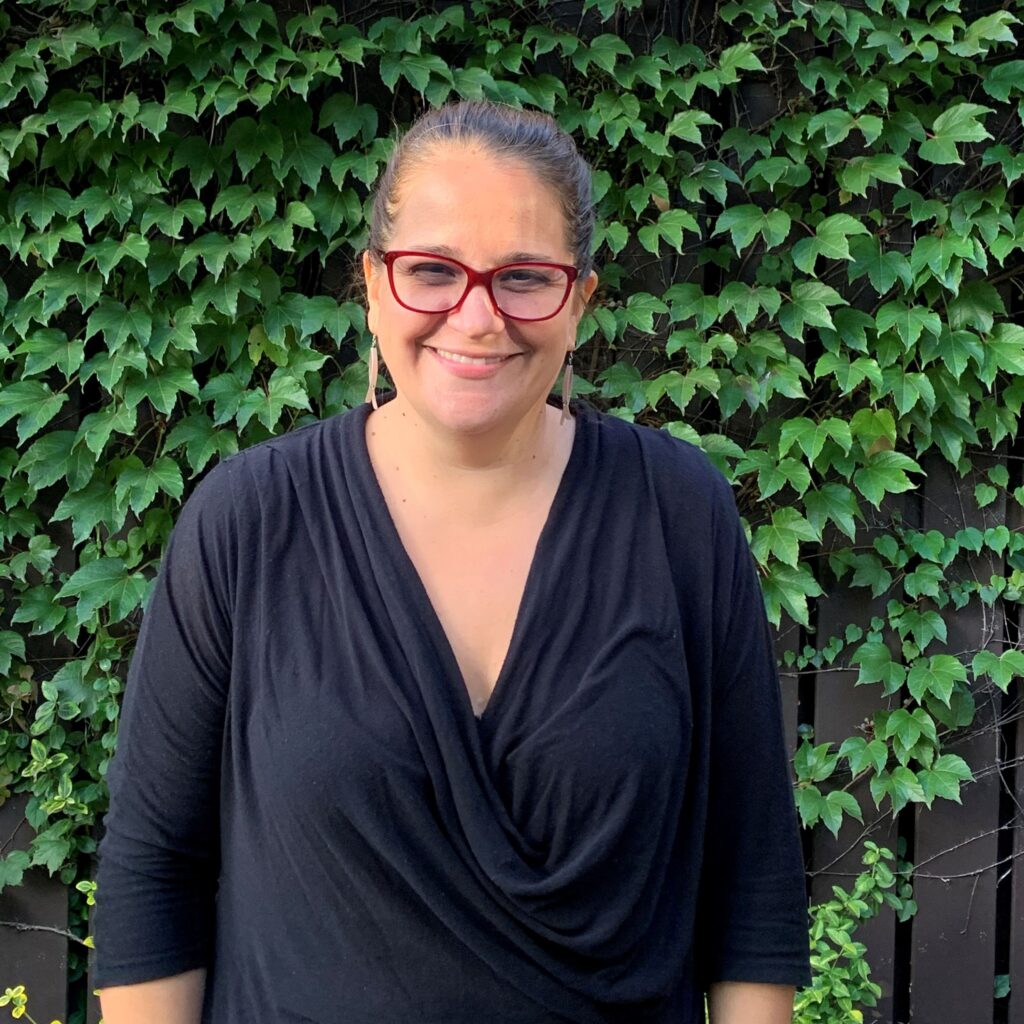
T1D has significantly changed my life as a parent. I constantly worry about the health of my daughter far more than before the diagnosis. I have more knowledge about the human body and nutrition values of food.
I feel I had to become T1D nurse overnight and become part of her support system. It is very important to have a good support system of family and friends.
People have the perception that after the diagnosis and consulting the medical team, T1D is under control. They don’t understand that it’s a daily task to maintain control. We need to accelerate the pace of T1D to give a better life quality to the people living with T1D and potentially avoid future diagnoses.
For me, a cure would mean that my daughter wouldn’t have to worry about her blood sugar levels 24h/7. She could be out with her friends without having to think about her level of activity and what she is eating etc. And of course, I would worry much less when she goes out with her friends.
My message to other parents of newly diagnosed T1D children is after the shock of the diagnosis and the overwhelming time of learning everything, it is important to accept that this condition is now part of your child’s life and family. Acceptance is key to keep going, especially on the days where we are completely discouraged.
Caleah, Diagnosed at age 8
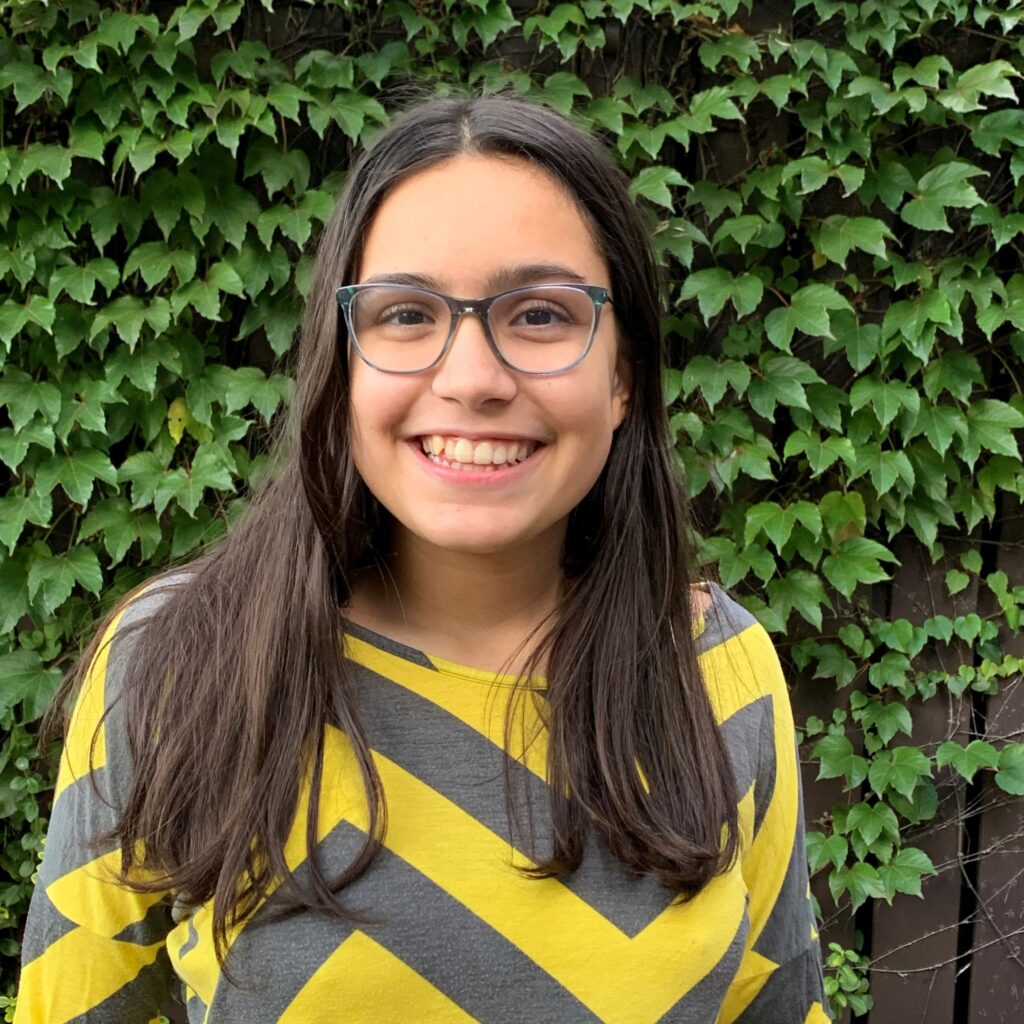
Since my diagnosis, I have to constantly check my blood sugar levels, take note of what I eat and count carbs. I have to take care that I am not too high or too low. It is something I constantly have to take care of.
I want people to know that it’s not because I eat too much sugar or have poor health habits that I have T1D. On the contrary, we can’t prevent getting a T1D diagnosis. Our pancreas ceases to produce insulin.
Having better research and progress into T1D would facilitate our lives. And a cure would mean freedom and peace of mind. No more checking blood sugars, carb counting or worrying about my blood levels.
Having T1D does not prevent you from following your dreams. You can do whatever you want as long as you manage your T1D properly.
Fanny Guimont-Desrochers, PhD, SCYM, Immunology Research Scientist
Diagnosed at age 5
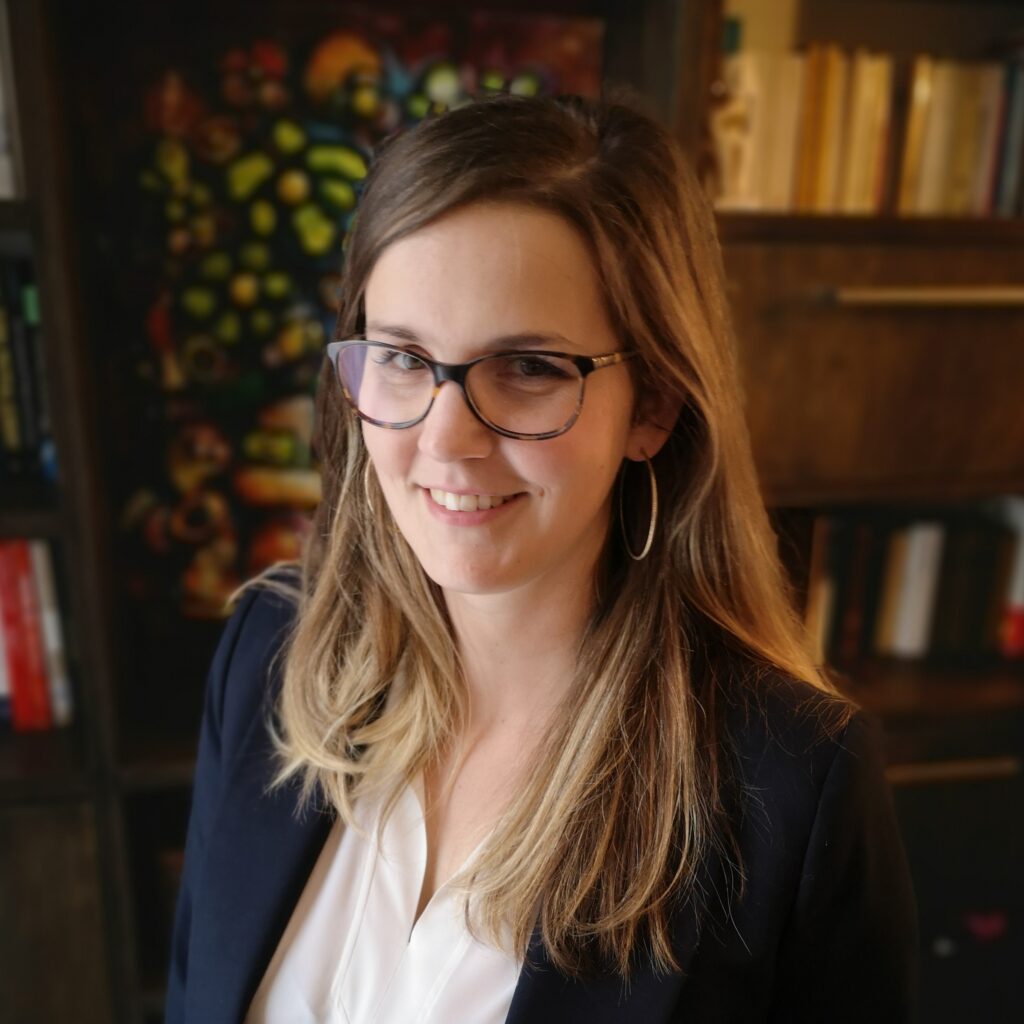
I was diagnosed with T1D when I was 5 years old. It immediately turned my life upside down. I had to prick my fingers and inject insulin multiple times a day. One could think that the injections were the worst part, but the management of the disease was way harder.
Living with T1D is like wondering at every moment of your life if your body will fail you, either because of low blood glucose level (which can cause coma if not treated), high blood glucose level or long term T1D-related complications (such as blindness, heart attack, kidney damage). This is also why I became a research scientist to help advance the cause of a T1D cure.
We need to accelerate the pace of T1D research because we are standing at a crossroads. Many promising innovations are close to becoming reality, and we need to make them available to all those who need it.
New fields of research are opening and hinting at promising potential therapies or cures that we never thought possible. Better treatments and even a cure for T1D have never been at a closer reach than they are today.
Recently, I had two safe pregnancies (without dangerous hypoglycemia) and perfectly healthy babies. Living with T1D is still a challenge I have had to live with every moment of every day for the past 30 years. That is why I am so committed to work with JDRF to cure diabetes
Helping JDRF find a cure for T1D will prevent kids other from losing their childhood. A 5-year-old kid should think about playing with his friends, not his next insulin injection. We have extremely talented scientists working on better treatments and cures. They need our help.

